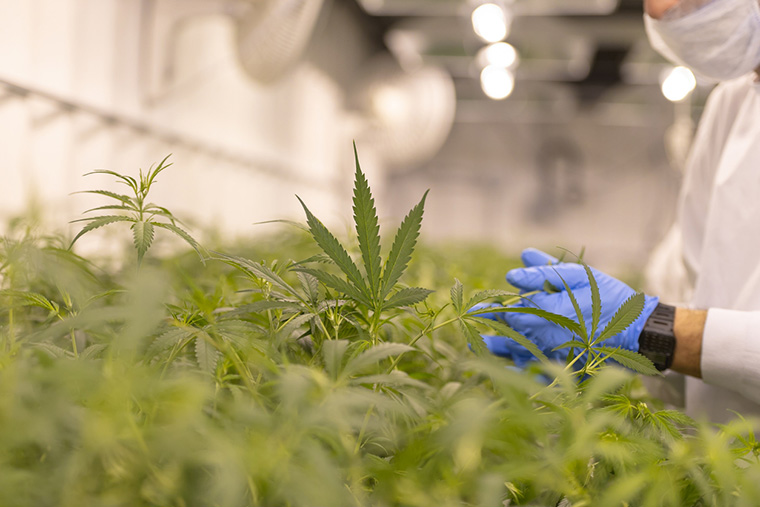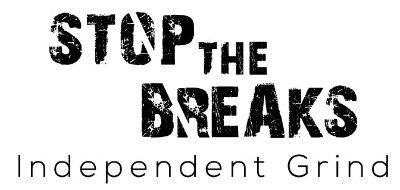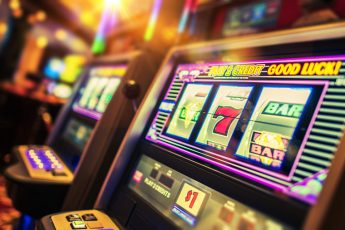
There are few industries that systemic racism does not touch — and unfortunately, cannabis isn’t one of them. Despite BIPOC being associated with illegal marijuana imports, sales and use for decades, legal marijuana markets throughout the U.S. have been remarkably inaccessible to non-white business owners. There are several reasons for this, some which states are already working to overcome, and some which will take significant cultural upheaval to correct.
The Application Process
The first hurdle to BIPOC interested in entering the legal marijuana industry is the application process. To open a retail space or start a grow operation, entrepreneurs need to apply for an appropriate license through their state government’s cannabis regulatory body. Unfortunately, this is much easier said than done. Obtaining government licenses is an exercise in jumping through hoops and navigating red tape; it isn’t intuitive or easy, and often the process can stall or cease without clear reasons why. Connections with government regulators can speed and smooth the licensing process.
Unfortunately, BIPOC tend to have neither experience applying for government licenses nor relationships with regulators. As a result, BIPOC entrepreneurs in this space are forced to take the slow path to licensing, which means they are often beat by veteran white entrepreneurs who can quickly cut through red tape. In this way, the system is much more difficult for BIPOC to find success in the marijuana industry.
Criminal History
Many BIPOC cannot even begin the application process because they are prohibited from taking part in the marijuana industry thanks to prior marijuana-related crime. In fact, any criminal record whatsoever may present a considerable obstacle to anyone applying for marijuana business licenses, but because BIPOC are prosecuted for drug-related crimes with greater frequency, it is BIPOC rather than white entrepreneurs who suffer greatest from these restrictions.
Some states are working to eliminate this hurdle for BIPOC. In instituting legal recreational marijuana, Illinois expunged the criminal records of hundreds of thousands of adults with “minor marijuana offenses.” Most recently, Michigan convictions will also be removed from permanent records and thus not stand in the way of any would-be Michigan marijuana entrepreneurs. Still, the legacy of racial bias in drug law enforcement remains a problem for the legal marijuana industry should it seek greater racial equality.
Initial Investments
Every business needs money to get off the ground, and this is true to an even greater extent within the marijuana industry. Because cannabis remains illegal at the federal level, most financial institutions prefer not to be involved with marijuana businesses for fear of federal legal repercussions. Thus, marijuana entrepreneurs need to have access to significant sums of startup capital without leaning on loans or investments.
Yet, BIPOC typically do not have the kind of money necessary to bootstrap any business, let alone a risky business like those in the marijuana industry. Countless studies show that BIPOC earn lower wages than their white counterparts, and BIPOC are much more likely to be living lower than the poverty level thanks to centuries of racial inequality inside (and outside) the workforce.
Even if a BIPOC entrepreneur secures a marijuana business license, they have a greater chance of failure thanks to lower access to capital.
Location
It is interesting to note that states that have legalized adult-use marijuana have smaller populations of BIPOC than states where marijuana use remains tightly controlled. What’s more, municipal zoning laws tend to keep retail businesses, particularly marijuana businesses, far from BIPOC communities, meaning BIPOC marijuana entrepreneurs would need to travel to different areas of town to operate. Long commutes are bad for health and business success — not to mention that many BIPOC hesitate to enter dominantly white communities for fear of discrimination and violence. Until marijuana zoning laws relax and permit marijuana sales in BIPOC communities, BIPOC entrepreneurship in this industry will likely remain low.
Criminal History, Again
This is not the first time that BIPOC have thrived in an illegal industry only to be excluded once that industry goes legitimate. During Prohibition, high numbers of BIPOC were involved in illegal alcohol operations, from distilling to bootlegging and bartending. As a result, many BIPOC found some degree of wealth and status despite criminal prosecution — but all of that disappeared when
Prohibition ended and white business owners flooded back into the alcohol industry. BIPOC again were forced to look for opportunities in the darker corners of society, and they continue to be punished for it.
Racial inequality does not begin and end in the marijuana industry. Many of the factors affecting inequality in legal marijuana markets are largescale systemic issues that have roots in Jim Crow laws, America’s practice of chattel slavery and beyond. However, just because the country does have a pattern of racial inequality doesn’t mean there’s nothing to be done. State marijuana industries should commit to leading the charge in eliminating racial inequality within its business structures, which will give BIPOC greater stability and power into the future.



